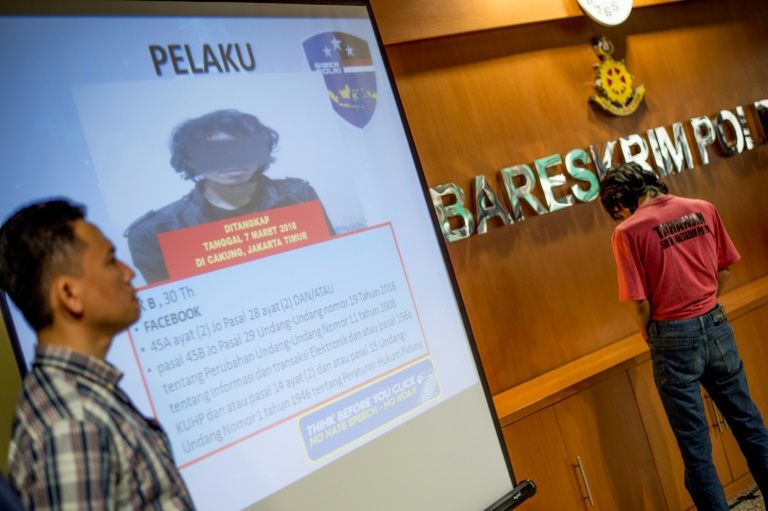With less than a month until Indonesia’s election on April 17, serious concerns about fake news and their potential impact on the presidential race have only grown, particularly related to hoaxes regarding the security and integrity of the vote itself. One of President Joko Widodo’s most senior advisers has suggested that such hoaxes represent a form of terror that could be prosecuted under the country’s anti-terrorism laws.
“Terrorism is causing fear in the community. If the community is threatened with hoaxes to not go to polling stations, it has already become a form of terrorism,” Coordinating Minister for Political, Legal and Security Affairs Wiranto said after leading a coordination meeting on security preparations for the 2019 Election at his ministry’s office in Jakarta yesterday as quoted by Okezone.
“Therefore we use UU Terorisme (The Terrorism Act),” he continued.
Numerous fake news stories regarding foreigners that have been registered to vote in the election have in turn led to warnings by the likes of hardline Islamic Defenders Front (FPI) founder Rizieq Shihab, who commanded his followers to guard the polls. Similar calls to guard the polls in previous elections have been called out as attempts to intimidate minority voters.
However, Wiranto has yet to find support for the idea that such hoaxes can rise to the level of terrorism. House of Representatives Commission III member Nasir Djamil said he strongly opposed Wiranto’s statement and argued that hoax spreaders can and should be prosecuted under the Law on Information and Electronic Transactions (UU ITE), which criminalizes the spread of misinformation, slander and hate speech online.
Some have already warned that President Jokowi’s administration has been using UU ITE as a way not only to combat fake news but also to silence critics in ways that appear increasingly authoritarian. Some have also expressed concerns that UU Terorisme — which was revised to give the government greatly expanded power after last year’s horrific suicide bombings in Surabaya — could also represent a threat to civil liberties.
No spreader of fake news has yet to be charged under UU Terorisme, yet.




